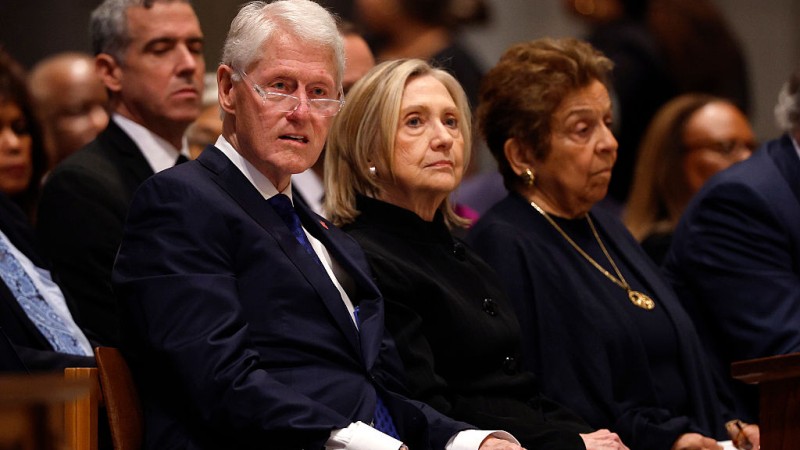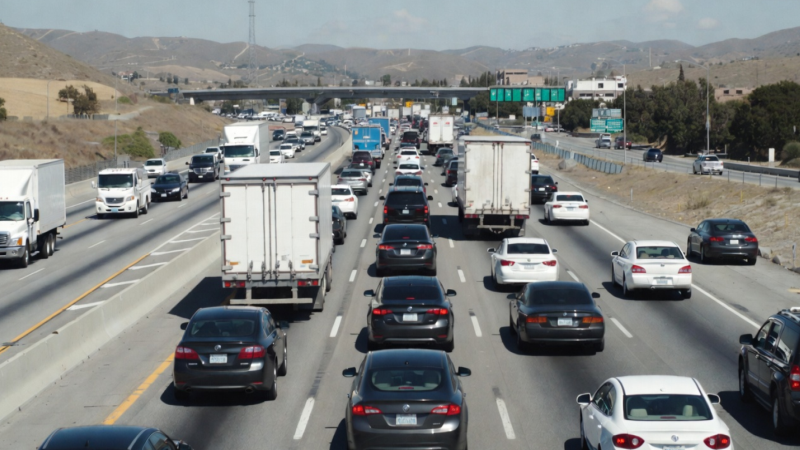The UN’s International Atomic Energy Agency (IAEA) just issued a fresh warning of ‘concern’ over Iran’s nuclear program.
At a moment the Middle East region stands at the precipice of spiraling toward a major regional war in relation to Gaza conflict spillover, the UN’s International Atomic Energy Agency (IAEA) has issued a fresh warning of ‘concern’ over Iran’s nuclear program.
IAEA head Rafael Grossi said Monday that “public statements made in Iran regarding its technical capabilities to produce nuclear weapons” have only served to increase “concerns about the correctness and completeness of Iran’s safeguards declarations.”
Grossi urged Tehran to “cooperate fully and unambiguously with the UN nuclear watchdog” after in recent years it has deactivated its nuclear program surveillance devices as well as barred inspectors while arguing that the US unilaterally collapsed the 2015 JCPOA nuclear deal.
But the perhaps most significant revelation from the IAEA contained in a new detailed report it issued is that Iran’s estimated stockpile of enriched uranium is currently at 27 times the limits imposed by the 2015 JCPOA (which again is no longer functioning as an active agreement).
The AFP reports further of the findings:
According to a confidential International Atomic Energy Agency (IAEA) report seen by AFP, Iran’s total enriched uranium stockpile was estimated at 5,525.5 kilogrammes as of February 10, up by 1,038.7 kilogrammes from the last quarterly report in November.
Without doubt, Tel Aviv will be paying close attention, given also Israel is increasingly coming into a fuller proxy war with Iran in the region, and given the daily exchanges of fire with Tehran-backed Hezbollah in Lebanon, and the weekly Israeli attacks on Damascus and Syrian territory.
But there’s an important caveat to the fresh reporting. While Iran’s enriched uranium is at this significantly higher level compared to 2015, the IAEA says the last several months have actually seen a reduction of its overall stockpile:
Iran reduced its stockpile of near weapons-grade nuclear material over the past 3½ months, the United Nations’ atomic watchdog said Monday, a surprise step likely to be welcomed by Western countries who have been alarmed by Iran’s buildup of highly enriched nuclear fuel.
Iran still has enough near-weapons grade material to fuel almost three nuclear weapons, underlining its status as a threshold nuclear-weapon state. However, by diluting some of its 60% enriched uranium in recent weeks to lower-grade material, its stockpile fell for the first time since it started producing the 60% nuclear fuel in 2021.
This could be Iran’s way of signaling that it wishes to avoid escalating tensions with Israel, also at a time the Shia Houthis continue blocking Red Sea commercial transit, especially to Israeli and US ships.
The Wall Street Journal concludes that “The reduction in 60% enriched uranium will offer some respite to the U.S. and its European partners who have grown increasingly concerned about the expansion of Iran’s nuclear program.”
The Islamic Republic’s leadership, particularly the Ayatollah, has officially denied and rejected that its seeking a nuclear bomb, issuing fatwas saying it is ‘unIslamic’. However the past years have seen a dramatic ramping up of uranium enrichment which definitely points to keeping the potential achievement of a nuclear weapon as an ‘option’.
Meanwhile, in new alarming statements Israeli Prime Minister Ehud Olmert has said Israel’s air force lacks the necessary resources to completely stop Iran’s nuclear program even if the military devoted everything to it.
Olmert said in an interview with The National that “We can destroy their headquarters, important projects, railways, roads, and airports .. Israel can do a lot to damage Iran’s infrastructure, but Israel has no means to be able to destroy the nuclear program of Iran.” Of course, this would involve an all-out attack by Israel on Iran, but as yet there is no evidence that Tehran is currently seeking to attack Israeli directly.
Deep State Used U.S. Intelligence Agencies/DOJ to Illegally Terrorize Trump Supporters




